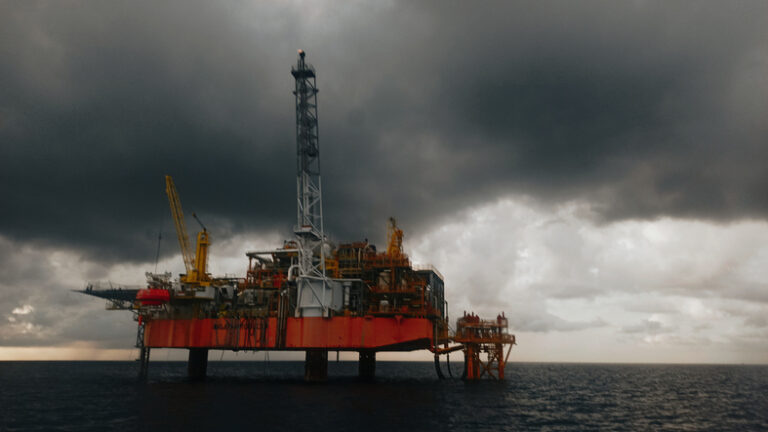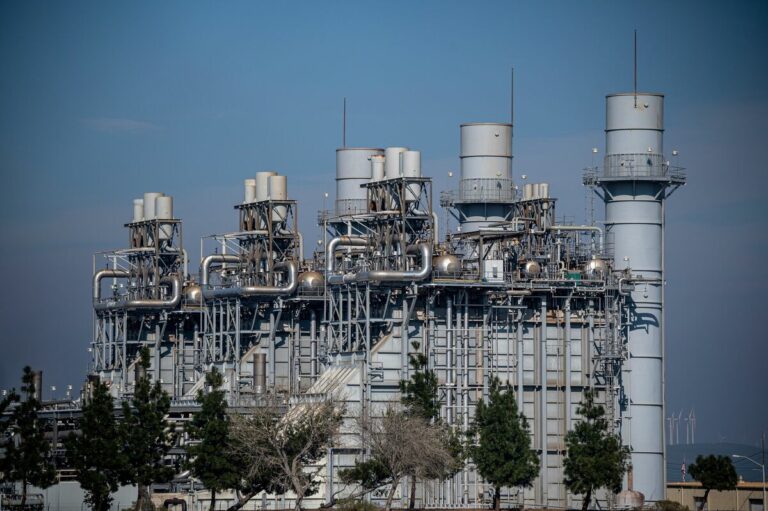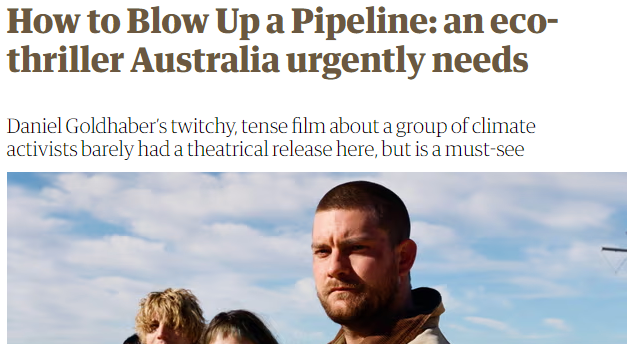Lessons on Modernizing America’s Infrastructure from the Success of the Dakota Access Pipeline
In an op-ed recently published in the Williston Herald, Ret. Colonel Tom Magness draws on his expertise as a former commander in the U.S. Army Corps of Engineers to make the case for the continued enhancement of America’s energy infrastructure though public-private partnerships. Citing bipartisan consensus on the need to modernize national infrastructure, Magness argues that recent successes in the energy sector should be used to inform subsequent undertakings. In his view:
The combination of industry-led innovation and strong regulatory oversight has helped improve existing infrastructure and deploy new capabilities, both of which have been instrumental in keeping pace with new production happening across the country.
For Magness, the success of the Dakota Access Pipeline and Energy Transfer’s proposed optimization plan exemplifies the benefits of a public-private approach. He writes:
The Dakota Access Pipeline optimization will add significant capacity to efficiently move product, helping to alleviate transportation bottlenecks and reduce dependence on rail and truck.
He stresses that the advantages of these partnerships are not limited to improvements in efficiency and are shared by all stakeholders.
The result of the project plan is a clear win for communities and the environment…Working with federal, state and local regulators, industry leaders are introducing new technologies, implementing best practices and investing in community safety—all of which reduce the chances of an incident and improve responses if one happens.
Magness applauds the industry leaders and government officials whose cooperation has made early victories possible, and concludes his piece by calling for the continued improvement of energy infrastructure through public-private partnerships and the streamlining of the regulatory process.
Doing so will build on recent success, secure our country’s march towards energy independence, and best protect our communities and the environment.



